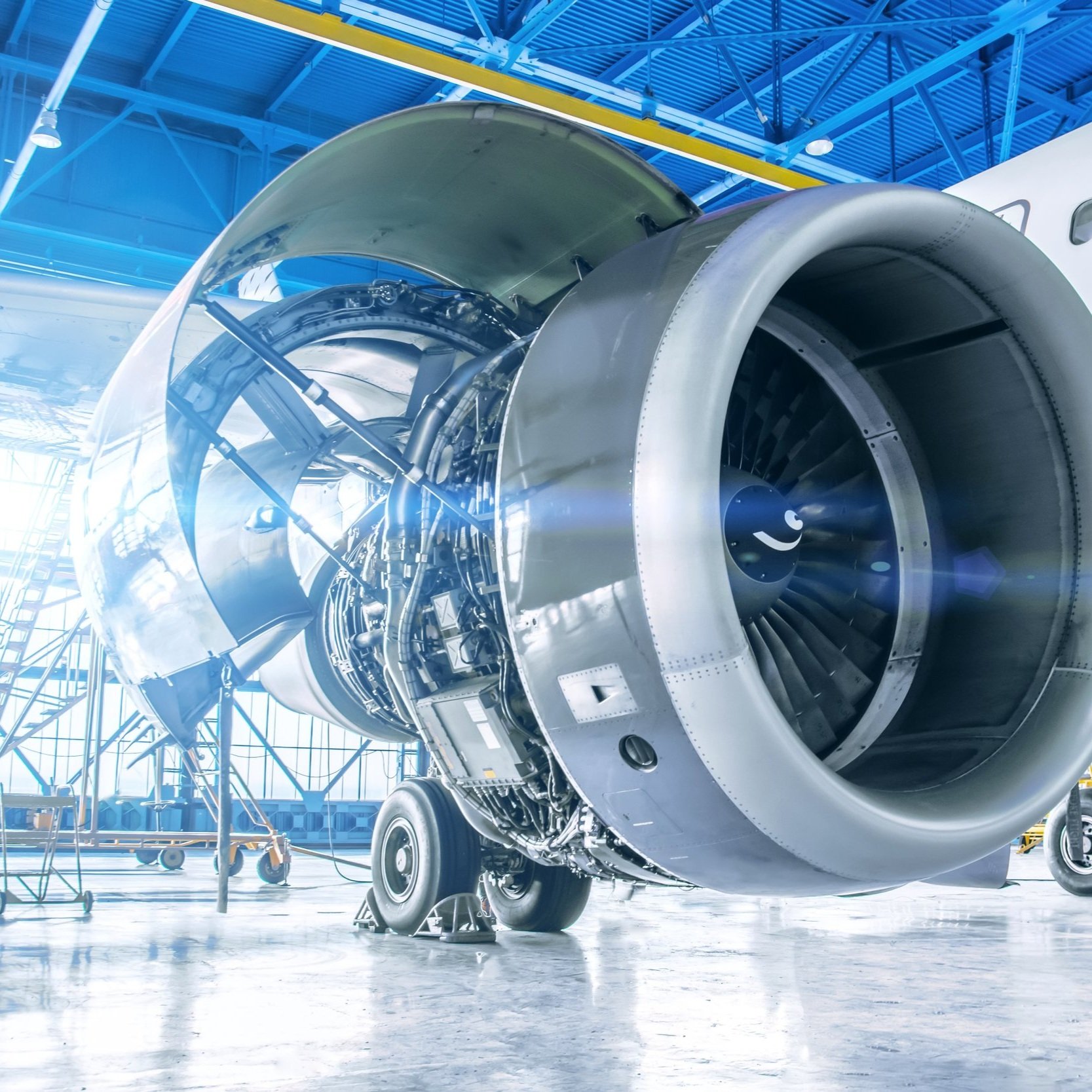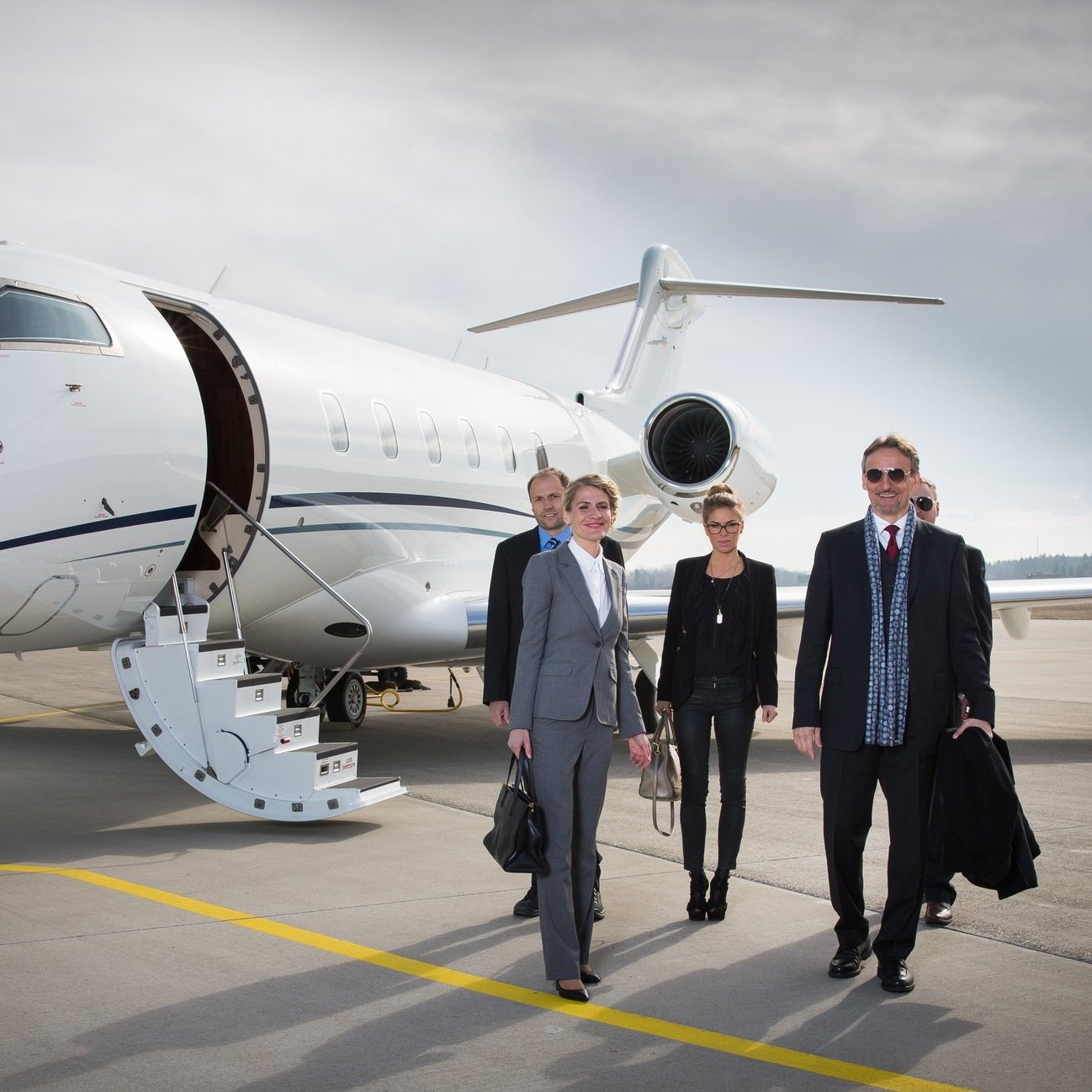Take off at aerospace & defence shows
Even before Covid struck, the aerospace and defence industries were facing huge challenges. New customer demands, new production technologies, tougher regulation, climate change, increasing supply chain complexity, and skills shortages, are just some of them. Customers and suppliers alike are hungry for solutions and as pandemic restrictions are lifted, the major industry trade shows will be where new ideas are debated, opportunities explored, and sales made.
Of course the pandemic itself has raised some big question marks over the industry’s long-term direction. We’ve all had a crash course in remote working, online conferencing etc, and some of that is going to stick. Business travel may be permanently reduced, with serious implications for airline profitability and the type of aircraft carriers demand. On the other hand, the market for corporate jets and on-demand business travel might increase as businesses seek to avoid post-covid delays at the main airports. And leisure travel has already rebounded faster than many expected, so the future mix may look very different.
The digitisation of aerospace manufacturing is gathering pace, with breakthroughs in 3D printing, modular design, and cloud-enabled automation. It adds up to a major disruption of traditional practices, opening new opportunities for innovators, and threatening incumbent suppliers who fail to keep pace.
The industry has been wrestling with the implications of climate change for some time, but as consumer concern and government regulation grows, the pressure for game-changing action is becoming irresistible. Many are pinning their hopes on battery and hydrogen powered planes, but there’s much more to do before they become a practical and commercially viable proposition.
Supply chains are now a hot issue for many industries, with Covid and the war in Ukraine swinging the focus sharply towards resilience over pure cost. It’s a particularly pressing concern for the aerospace industry which has come to rely on hugely complex international supply chains. As widely reported, Airbus and Boeing each have over 12,000 suppliers worldwide, many of them quite small companies. In the light of recent events, those networks are being fundamentally reassessed, probably to the benefit of suppliers in stable countries closer to the main assembly hubs.
The challenges are substantial, but so are the opportunities. And after two years of Covid restrictions, the major trade shows are back in business. At Farnborough, EBACE, NBAA, Paris, Dubai, and the other shows, suppliers will once again be free to meet customers face-to-face.
At Elevations we’ve always believed that face-to-face contact is the key to a successful show, and it’s especially important now, which is why we’re designing show stands that combine punchy product presentation with the kind of space that prompts and encourages personal engagement. Because as we all know, you can have a brilliant product, but it’s the right personal engagement that clinches the sale.
So if you’re planning to take a stand at an upcoming aerospace and defence show, talk to us. We know we could deliver a show to remember, and we’d love to work with you.




